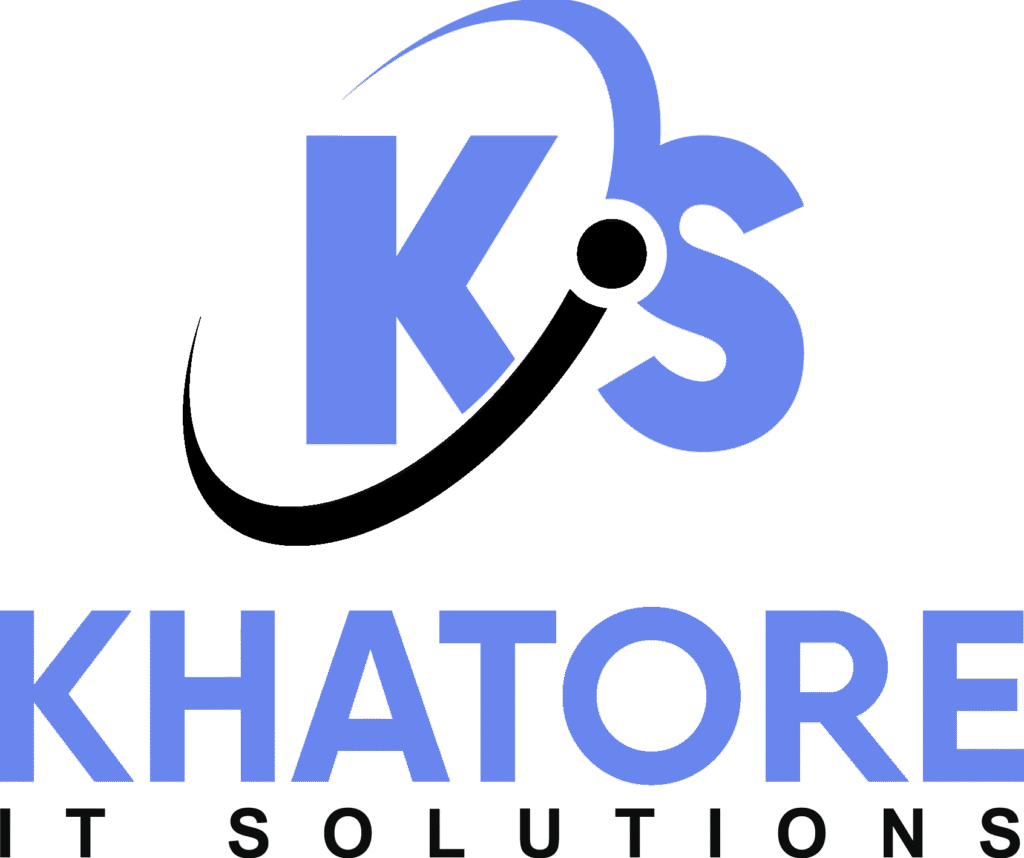What ‘Free’ Email & Storage Really Costs Your Business
Many small businesses in India begin their digital journey with free tools like Gmail, Google Drive, or free-tier Dropbox. While these platforms may appear to offer cost savings upfront, they often carry hidden costs that go unnoticed until it’s too late. In a market where trust, speed, and scalability are critical, relying on “free” can hinder more than help.
In this blog, we uncover the real cost of using free email and storage tools for business, and why switching to professional-grade platforms like Microsoft 365 or Google Workspace could be one of the smartest decisions for long-term growth.
1. Lack of Professional Branding
Sending emails from an address like [email protected] immediately signals that your business is operating at a basic level. It lacks the professionalism and trust that a custom domain-based email like [email protected] brings.
Why it matters:
-
Customers are more likely to trust businesses with domain-based emails.
-
Branding consistency across platforms enhances reputation.
-
It improves deliverability and reduces the chance of emails landing in spam folders.
Hidden cost: Lost leads due to unprofessional communication.
2. Limited Storage and Performance
Most free plans come with limited storage (15 GB shared across Gmail, Drive, and Photos, in Google’s case). As your business grows and communication scales, you quickly run into storage issues.
Why it matters:
-
You may start deleting old data to make room.
-
Important emails or files may get auto-deleted.
-
Performance slows as accounts fill up.
Hidden cost: Wasted time managing storage and loss of business continuity.
3. No Data Ownership or Control
Free tools often mean limited visibility into where your data is stored and who has access to it. You also have little control over backup, retrieval, or user access policies.
Why it matters:
-
Risk of data breaches or unauthorized access.
-
Inability to audit user behavior.
-
Challenges in compliance with Indian regulations (GDPR-equivalent laws and sector-specific mandates).
Hidden cost: Compliance risk and legal exposure.
4. Zero or Minimal Support
Ever tried getting customer support on a free plan? You’re usually on your own. If your account gets locked or files disappear, you might wait days — or never get a resolution.
Why it matters:
-
Delays in resolution affect business operations.
-
No SLA (Service Level Agreement) means no accountability.
-
Support is usually community-driven, not tailored.
Hidden cost: Downtime and poor customer experience.
5. Security Risks
Free tools lack enterprise-grade security features such as:
-
Multi-factor authentication
-
Role-based access control
-
Endpoint management
-
Advanced spam and phishing protection
Why it matters:
-
Data is more vulnerable to hacks.
-
Employees may unknowingly leak data.
-
Recovery from a cyberattack could cost lakhs.
Hidden cost: Security incidents, data loss, and damaged reputation.
6. Lack of Collaboration Tools
Most businesses today operate with distributed teams or remote vendors. Free tools do not offer real-time collaboration, team management, or advanced document-sharing workflows.
Why it matters:
-
Slower project delivery
-
Version conflicts
-
No centralized file ownership
Hidden cost: Reduced productivity and team friction.
7. No Scalability
What happens when your business grows to 20, 50, or 100 employees? Free tools don’t scale. Managing multiple free accounts, lost passwords, or file ownership quickly becomes chaotic.
Why it matters:
-
You can’t set policies across users.
-
No central admin dashboard.
-
No visibility into usage or access.
Hidden cost: Administrative overhead and inefficiency.
8. Missed Integrations with Business Apps
Modern businesses use CRMs, billing tools, project management software, and marketing automation. Many integrations require a paid plan or business license.
Why it matters:
-
Limits workflow automation
-
Manual processes waste time
-
No visibility into team productivity
Hidden cost: Missed growth opportunities through automation.
The Smarter Alternative: Business-Grade Tools with KITSPL
Switching to Microsoft 365 or Google Workspace unlocks a secure, scalable, and professional environment tailored for Indian businesses. You get:
-
Domain-based email
-
30 GB to unlimited cloud storage
-
Real-time document collaboration
-
Admin-level control and backup
-
Enterprise-grade security
-
24/7 support and guaranteed uptime
At KITSPL, we help businesses transition from free tools to reliable cloud platforms. Whether you need licensing, setup, data migration, training, or ongoing support, we’ve got you covered.
Final Thoughts
Free tools are great for personal use or early experimentation, but they’re not built for serious business. As your company grows, so do the risks, inefficiencies, and missed opportunities associated with using free software.
Don’t let “free” cost you your business edge.


